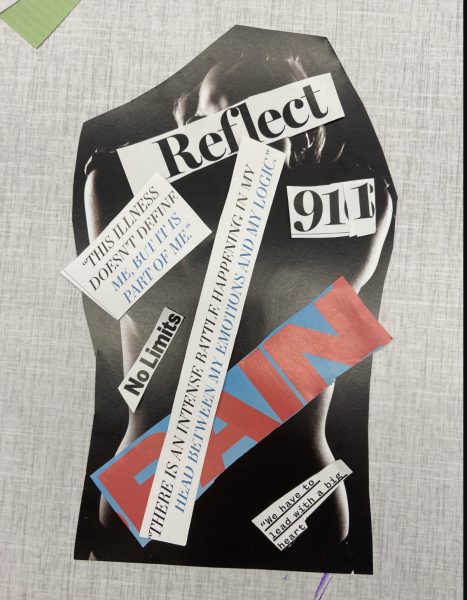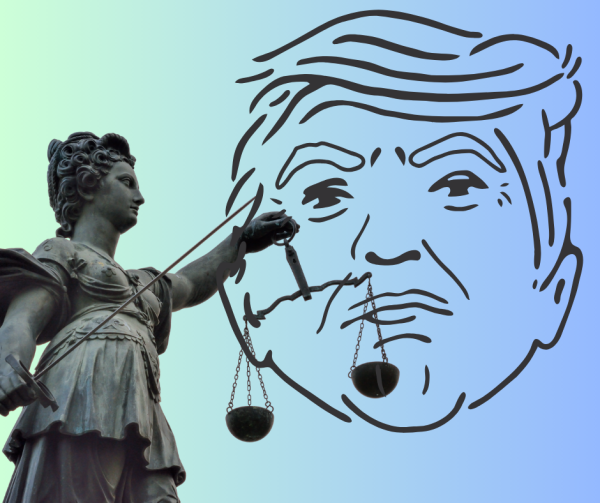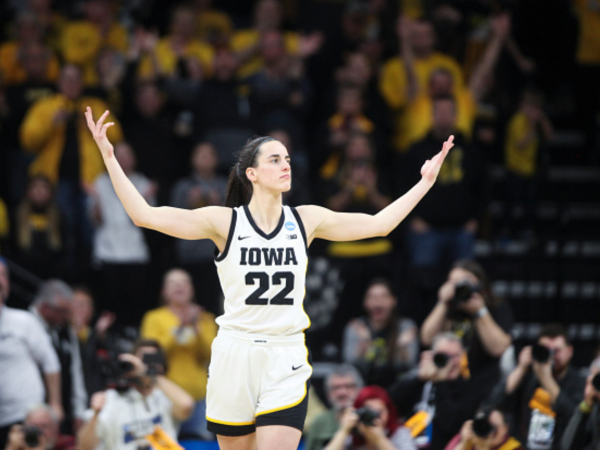Women in politics are disturbingly objectified
Women have played an essential role in American politics from the beginning, both behind-the-scenes as influential wives and directly as policy-making senators and governors.
But in 2015, only six of the nation’s 50 governors were women, despite the fact that the first female governor took office nearly 100 years ago, according to a study from the Center for American Women and Politics at Rutgers University.
Women still have yet to break the glass ceiling to presidency.
In September, Donald Trump watched then-opponent Carly Fiorina on television and said, “Look at that face! Would anyone vote for that? Can you image that, the face of our next president,” according to Rolling Stone magazine.
These types of judgments seem to fall more heavily on women, with media focusing on female candidates’ stature, outfit and overall physical appearance. Trump’s remark shows that even when a qualified female candidate runs for office, she will be attacked for not being the ideal female.
The presidency has only been occupied by men, so it’s no surprise that media and voters rely on gender roles that have been instilled in our culture for centuries.
Fiorina dropped out of the presidential race this month, leaving Hillary Clinton the only female candidate in this year’s election. The media has been much more subtle than Trump, though only a little bit kinder.
Many journalists have described Clinton’s speaking style as “yelling” or “screaming,” much like how one would describe a volatile, overbearing mother.
A woman’s success in the political sphere is often described with masculine traits, according to a study by Kaitlyn Ryan, a student at Xavier University in New Orleans. Female traits used to describe women generally had a negative connotation, such as being emotional.
“[Clinton] shouts,” said Bob Woodward from the Washington Post on MSNBC’s The Morning Joe. “There’s something unrelaxing about the way she communicates.”
Clinton’s fervor and enthusiasm are indeed a far cry from the calm, polished and poised woman society has traditionally lauded. It is likely that we find Clinton’s passionate way of speaking unnatural because society still only sees and values its female prototype.
If male politicians yell, no one bats an eye. One could even say that men are expected to express power and passion through aggression.
Political positions are positions of power, guidance and leadership. The people in these positions must be confident and charismatic. This image has traditionally fit men.
Clinton and Obama received almost the same amount of media coverage in the 2008 election, but Clinton had more negative press, according to a study by Regina Lawrence of University of Oregon and Melody Rose of Marylhurst University in Portland.
In 2012, 95 percent of the public would have voted for a generally well-qualified woman, according to a study by Gallup. But with the media and Clinton’s opponents capitalizing on her ingrained gender roles, voters should recognize that their perceptions of a candidate are, in fact, twisted by sexist expectations.
Media portrayal and social perceptions are both heavy influences on political elections. They manipulate our discomfort at seeing a woman campaigning to enter America’s highest position of power, highlighting Clinton’s negative attributes with unseemly female traits.
To judge a person’s leadership abilities by her sex is just as judgmental, illogical, and morally wrong as assuming one’s intellect based on race.
Stereotypes cheapen our political discussion. Don’t let gender detract from real discussion about candidates’ stance on issues, communication skills, ethics, core values, and experience – the real gauges of presidential success we should be looking at.
Let’s evaluate candidates based on the strength of their political platforms, rather than the height of their platform heels.











Phillip Miller • Mar 7, 2016 at 3:06 pm
Courtney Fong: Loved your article and the closing statement was amazingly beautiful and true! Thank you for writing such work! I have passed it on to my friend who is studying Women’s Issues and Law at Berkley!
~ Phill